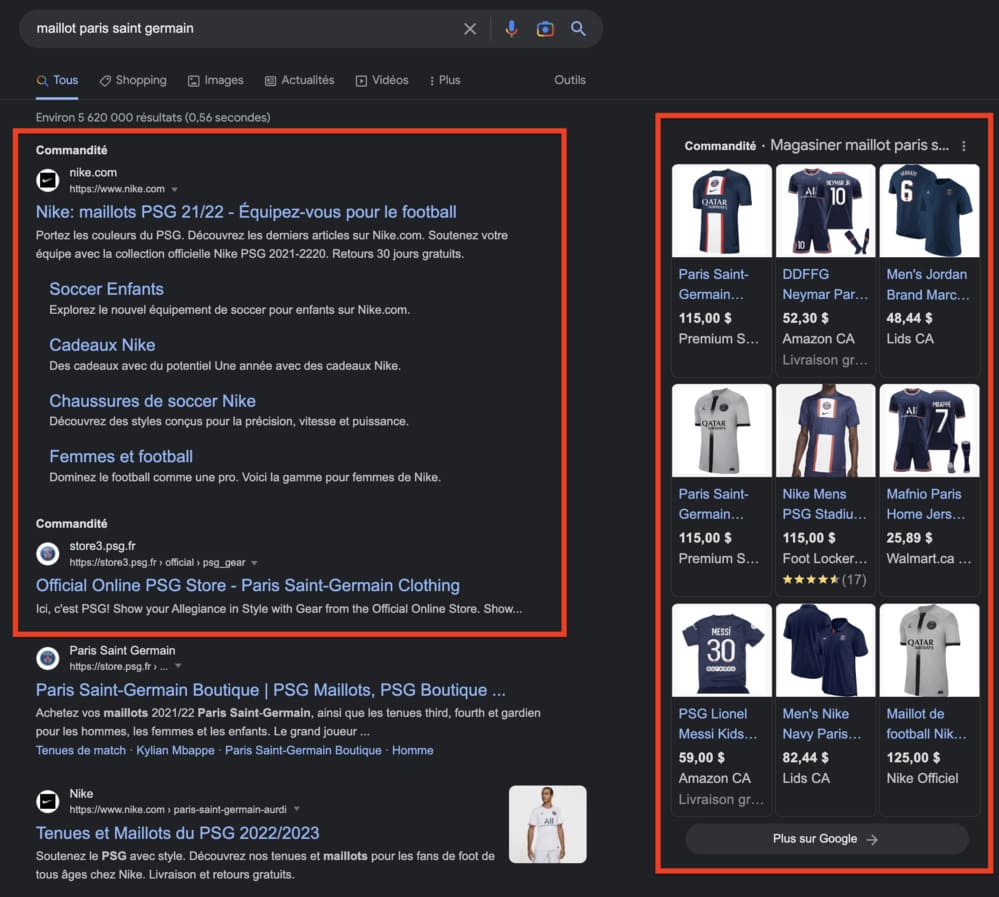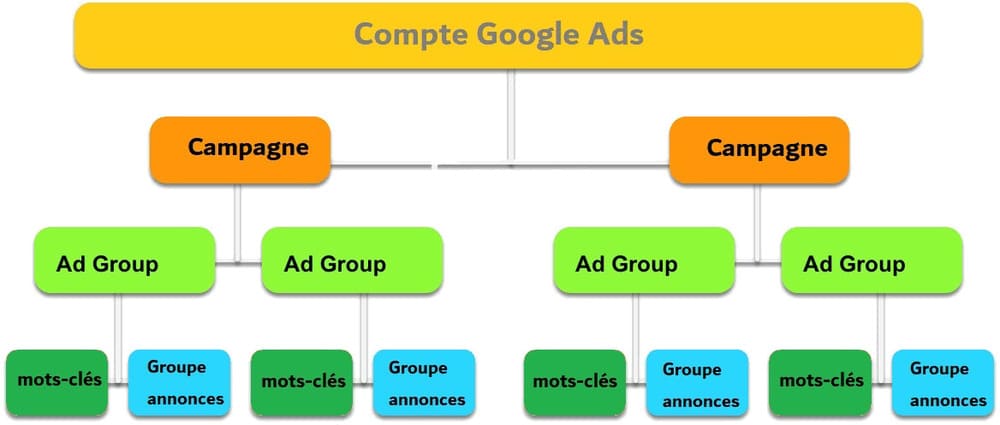
Master PPC marketing with this comprehensive guide. Learn how Google Ads works and strategies for pay-per-click advertising to grow your business effectively.
PPC is the abbreviation of “pay-per-click”, a digital advertising model in which the advertiser pays a fee each time one of their ads is clicked.
Essentially, you are paying for targeted visits to your website (or landing page or application).
When PPC works properly, the fees are insignificant because the click is worth more than what you pay to get it.
For example, if you pay $3 for a click, but that click results in a $300 sale, you've made a significant profit.
PPC ads come in a variety of shapes and sizes (literally), and can be composed of text, images, videos, or a combination of both.
They can appear on search engines, websites, social media platforms, and more.

Search engine advertising (also known as paid search or search engine marketing) is one of the most popular forms of PPC.
It allows advertisers to bid for the placement of an ad in search engine sponsored links when a person is conducting a search related to their commercial offer.
PPC advertising looks different from platform to platform, but in general, the process is as follows:

Once an ad is live, where and when it appears, and how much you pay for a click, are algorithmically determined based on your budget, your bid, campaign settings, and the quality and relevance of your ad.
Because all platforms that offer PPC ads want to keep their users happy, they reward advertisers who create relevant and trustworthy pay per click campaigns by offering better ad positioning and reduced costs.
So if you want to maximize your profits from PPC, you need to learn how to do it right.
Google Ads is the most popular PPC advertising system in the world. The Google Ads platform allows businesses to create ads that appear on the Google search engine and on other Google properties.
Each time a search is started, Google digs through the ad pool and chooses a set of winners who will appear on the search engine results page.

“Winners” are chosen based on a combination of factors, including the quality and relevance of their keywords and advertising campaigns, and the size of their keyword bids. We'll explain that in the next section.
When advertisers create an ad, they choose a set of keywords to target with that ad and place a bid on each keyword.
For example, if you bid on the keyword “pet adoption,” you're telling Google that you want your ad to appear for searches that match or are related to pet adoption.
Google uses a set of formulas and an “auction” process to decide which ads will be shown for a given search.
If your ad is included in the auction, you will receive a quality score of 1 to 10 based on the relevance of your ad to the keyword, the expected click rate, and the quality of the landing page.
It will then multiply your quality score by your maximum bid (the most you are willing to pay for a click on this ad) to determine your Ad Rank. The ads with the highest Ad Rank scores are the ones that appear.
This system allows winning advertisers to reach potential customers at a cost that fits their budget. It's basically a kind of auction. The infographic below shows how the Google Ads auction works.

PPC marketing via Google Ads is particularly useful because, as the most popular search engine, Google receives massive amounts of traffic and therefore delivers the most impressions and clicks to your ads. How often your PPC ads are shown depends on the keywords and match types you select. While there are a number of factors that determine the success of your PPC advertising campaign, you can get a lot of results by doing the following:

Keyword research for PPCs can be extremely time consuming, but it's also incredibly important.
Your entire PPC campaign is built around keywords, and the most successful Google Ads advertisers are continually increasing and refining their PPC keyword list.
If you only do keyword research once, when you create your first campaign, you're probably missing out on hundreds of thousands of valuable, long-lagging, inexpensive, and highly relevant keywords that could drive traffic to your site.
You can consult our full guide to keyword research here, but in summary, an effective PPC keyword list should be.. :
Once you've created your new campaigns, you'll need to manage them regularly to ensure they continue to be effective. In fact, regular account activity is one of the best predictors of account success. You should constantly analyze your account performance and make the following adjustments to optimize your campaigns:
